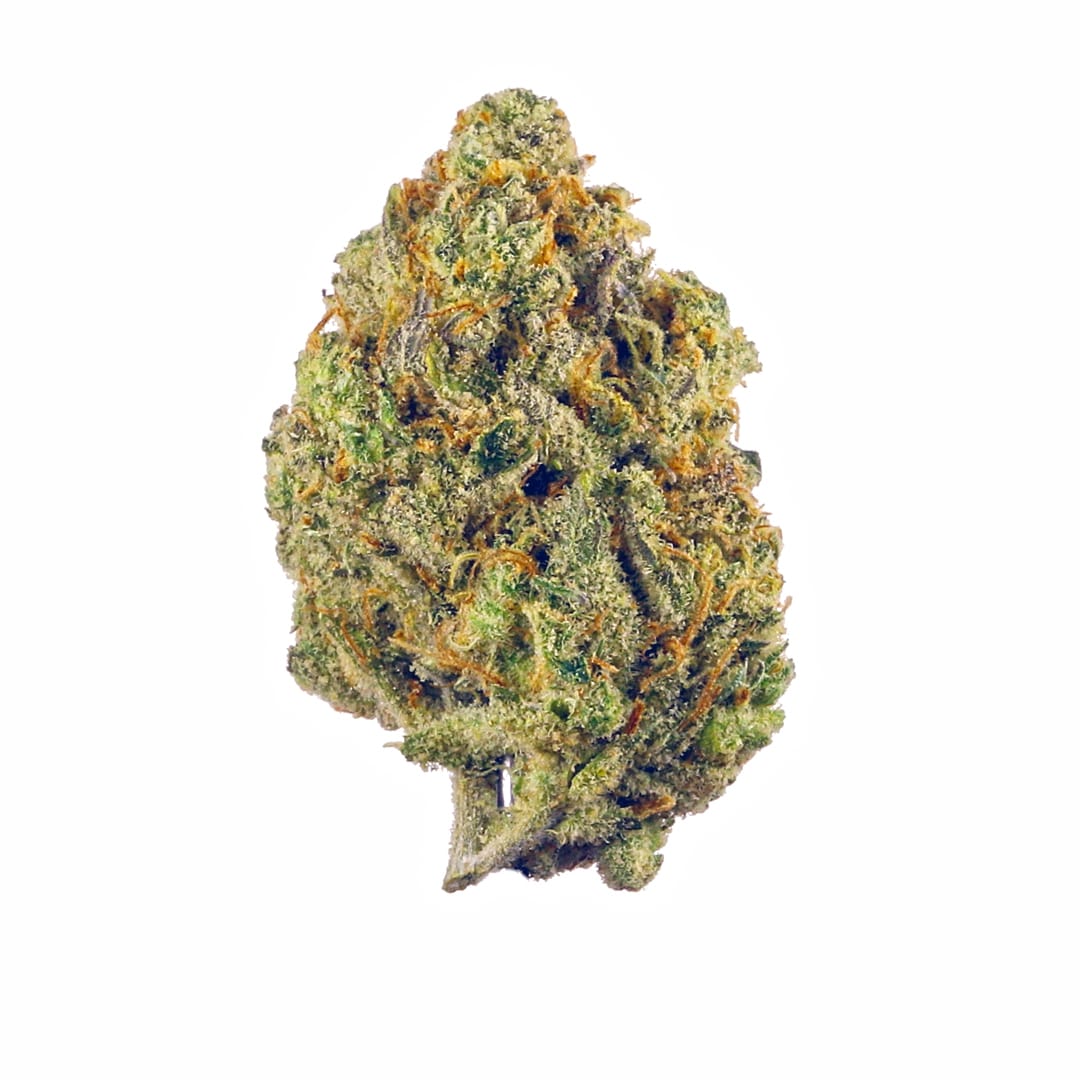Rapid Detoxification of THC : Scientific Approaches and Mechanisms

Tetrahydrocannabinol (THC), the primary psychoactive compound found in cannabis, can remain in the body for an extended period. This article explores the scientific basis for rapid detoxification of THC and discusses the methods and principles behind various approaches. The goal is to provide a comprehensive understanding of the mechanisms involved in THC metabolism and the potential methods for expedited detoxification.
Cannabis use has become more prevalent in recent years due to the relaxation of laws and increasing acceptance of its medicinal and recreational use. However, concerns about the detection of THC in drug tests for employment, legal matters, or athletic competitions continue to be a significant issue for users. To address these concerns, several strategies have been proposed to facilitate rapid THC detoxification. This article examines the scientific principles behind these methods and explores the effectiveness of these approaches.
Background on THC Metabolism:
When cannabis is consumed, THC is absorbed into the bloodstream and distributed throughout the body. It is primarily metabolized in the liver, where it is converted into various metabolites, including 11-hydroxy-THC and 11-nor-9-carboxy-THC (THC-COOH). These metabolites can be stored in fat cells and gradually released back into the bloodstream, prolonging the period they can be detected in the body.
Methods for Rapid THC Detoxification:
Hydration:
Scientific principle: Adequate hydration helps maintain proper kidney function and dilute urine, which can facilitate the excretion of THC metabolites.
Approach: Increasing water intake can help flush out toxins and metabolites, including THC. However, excessive water consumption can lead to water intoxication and dilute essential electrolytes in the body. It is essential to strike a balance to avoid potential health risks.
Exercise:
Scientific principle: Exercise promotes the burning of fat cells, which can release stored THC metabolites into the bloodstream for elimination.
Approach: Engaging in regular aerobic exercise, such as running, swimming, or cycling, can help expedite the removal of THC metabolites. However, it is essential to note that exercising shortly before a drug test may temporarily increase THC levels in the blood and should be avoided.
Diet:
Scientific principle: A healthy diet rich in fiber and antioxidants can support the liver's ability to process and eliminate toxins, including THC metabolites.
Approach: Consuming a balanced diet with whole grains, fruits, vegetables, and lean proteins can help promote liver function and overall health. Avoiding high-fat, processed foods can also reduce the body's fat stores, leading to a faster release of THC metabolites.
Foods such as vegetables, fruits, and spices that help break down cannabinoids
Various vegetables, fruits, and spices have been suggested to help support the breakdown and elimination of THC from the body. These foods are generally rich in fiber, antioxidants, and other essential nutrients that can promote liver function and overall health. Some examples include:
Leafy Greens: Spinach, kale, collard greens, and Swiss chard are high in fiber and antioxidants, which can help support the liver in processing and eliminating toxins, including THC metabolites.
Cruciferous Vegetables: Broccoli, cauliflower, Brussels sprouts, and cabbage contain compounds that can help promote liver function and detoxification.
Berries: Blueberries, raspberries, strawberries, and blackberries are rich in antioxidants and can help support the body's natural detoxification processes.
Citrus Fruits: Oranges, grapefruits, lemons, and limes are high in vitamin C and other antioxidants that can aid in toxin removal and liver function.
Apples: Apples contain pectin, a type of fiber that can help bind to and remove toxins from the body.
Garlic: Garlic contains compounds that can stimulate liver function and promote the removal of toxins, including THC metabolites.
Turmeric: This spice contains curcumin, a powerful antioxidant that can support liver function and detoxification.
Ginger: Ginger can help support digestion and liver function, promoting the elimination of toxins.
Green Tea: Rich in antioxidants called catechins, green tea can help support liver function and the body's natural detoxification processes.
Beets: Beets are high in antioxidants and other nutrients that can support liver function and help remove toxins from the body.
While these foods may aid in the breakdown and elimination of THC, it is essential to remember that individual results may vary, and no specific food can guarantee complete detoxification of THC from the body. A balanced diet, regular exercise, and an overall healthy lifestyle are critical factors in supporting the body's detoxification processes.
Detoxification Supplements:
Scientific principle: Certain supplements and natural compounds can enhance liver function and the body's detoxification processes.
Approach: Some supplements, such as activated charcoal, N-acetylcysteine, and milk thistle, have been claimed to support the removal of THC metabolites. However, the efficacy of these supplements varies, and more research is needed to determine their effectiveness in THC detoxification.
Nutraceutical Nutrients That Help Break Down Cannabinoids
Several dietary supplements and nutrients have been suggested to help support the breakdown and elimination of THC from the body. These supplements typically promote liver function, detoxification, and overall health. Some examples include:
Activated Charcoal: Activated charcoal is known for its ability to bind to various toxins and aid in their removal from the body. It has been suggested as a potential supplement to help detoxify THC, although more research is needed to confirm its effectiveness.
Milk Thistle: Milk thistle contains silymarin, a compound that has been shown to support liver function and promote detoxification. It may help in the breakdown and elimination of THC from the body.
N-Acetylcysteine (NAC): NAC is a precursor to the antioxidant glutathione, which is essential for liver function and detoxification. NAC may help support the removal of THC and its metabolites from the body.
Dandelion Root: Dandelion root has been used as a natural detoxifier and liver tonic. It may help promote liver function and aid in the removal of THC from the body.
Vitamin C: Vitamin C is a powerful antioxidant that can help support the immune system and overall health. It may also play a role in supporting liver function and the removal of toxins, including THC.
Zinc: Zinc is an essential mineral that plays a role in numerous bodily functions, including liver function and detoxification. It may help support the breakdown and elimination of THC.
Omega-3 Fatty Acids: Omega-3 fatty acids, found in fish oil and flaxseed oil, can help support overall health and well-being, including liver function. They may indirectly aid in the removal of THC from the body.
Psyllium Husk: Psyllium husk is a fiber supplement that can help promote regular bowel movements and the elimination of toxins from the body. It may be helpful in removing THC metabolites through fecal excretion.
It is essential to note that the effectiveness of these supplements and nutrients in detoxifying THC from the body may vary among individuals. Additionally, more research is needed to confirm their efficacy in THC detoxification. A balanced diet, regular exercise, and an overall healthy lifestyle remain the most effective ways to support the body's detoxification processes. Consultation with a healthcare professional before starting any supplement regimen is also recommended.
Sauna Therapy:
Scientific principle: Sweating can help the body eliminate some toxins, including trace amounts of THC metabolites, through the skin.
Approach: Spending time in a sauna can increase sweating and potentially help remove some THC metabolites. However, sauna therapy should be approached with caution, as excessive sweating can lead to dehydration and electrolyte imbalances.
Conclusion:
Although several methods have been proposed for rapid THC detoxification, it is essential to note that individual results may vary, and no approach can guarantee complete removal of THC metabolites. The most effective strategy for avoiding THCdetection is abstinence from cannabis use. However, the methods discussed in this article can potentially aid in the detoxification process by supporting the body's natural elimination pathways.
It is essential to remember that the effectiveness of these approaches will vary depending on factors such as individual metabolism, frequency of use, and body composition. Additionally, some methods, such as increased hydration and exercise, can promote overall health and well-being, while others, like detoxification supplements and sauna therapy, require further research to confirm their efficacy and safety.
In conclusion, rapid detoxification of THC is a complex process with no guaranteed outcome. While several strategies may help support the body's natural elimination of THC metabolites, a combination of healthy lifestyle choices and understanding one's unique metabolism is crucial for achieving the desired results. Moreover, it is essential to stay informed about the legal implications of cannabis use and drug testing policies in your region to minimize potential risks and consequences.





